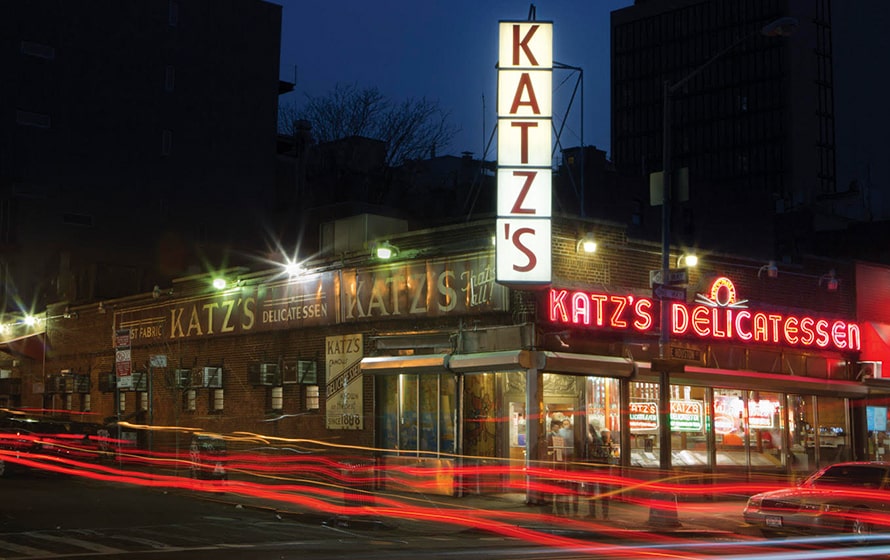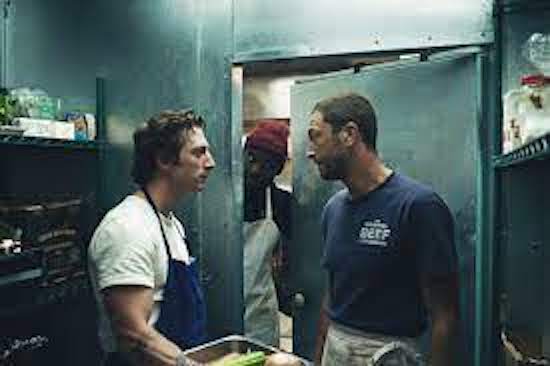I. Introduction
A. Buying a Restaurant
Venturing into the hospitality sector, specifically into restaurants and bars, is an exciting endeavor filled with promise. This often starts with purchasing restaurants and bars— a transaction that involves acquiring ownership of the restaurant or bar premises or securing a controlling interest in the business entity that owns it. Whether you're hoping to become a small business owner or looking to expand your portfolio with small business acquisitions, buying established dining establishments can prove to be a rewarding investment.
Understanding the process of buying a restaurant entails evaluating the aspects of location, reputation, and financial health among many others. Drawing on previous experience in the field or even seeking professional advice can be beneficial in this process to ensure your investment turns profitable.
II. What to Look For
When considering small business acquisitions in the form of cafeterias, bars, and restaurants, there is a multitude of factors that should be carefully scrutinized before taking the final plunge.
A. Location
In the restaurant business, the location and regional demographic can significantly affect its success or failure. Essentially, is the location easily accessible? Does it have a consistent flow of human traffic? How is the competition in the area? Will the locals enjoy the cuisine of your restaurant? Assessing the demand and supply in the area is necessary to gauge potential sales. A location with a bustling crowd means there's a ready market for dining.
B. Reputation
Another factor to look at is the reputation of the restaurant. A hospitality establishment needs to have a positive standing in its community to attract new customers and retain existing ones. Look out for online reviews, ratings, and customer testimonials as they give clear indicators of the business's reputation. Do your research on Yelp, Trip Advisor, Google Reviews, and social media. Bad reviews on service, food quality, and ambience can have long lingering impacts on your brand. Ask around, whether from patrons or other business owners in the area, to get a wholesome idea of the reputation. While it's possible to rebuild a tarnished reputation, it's better to buy a restaurant or bar that already enjoys positive regard.

C. Financials
The most significant aspect when contemplating buying restaurants and bars involves deep-diving into their financial health. While aspiring owners may be smitten by the aesthetics or reputation of the eatery, the numbers should ideally drive your decision. Be careful, even highly rated restaurants with great food can have poor financials. Examine the accounting books to understand the revenue streams, overhead costs, net profit, and debt (if any). Hire a professional to check these documents as they can tell you if the restaurant is generating profit or if it's likely to sink you into losses. Read our guide on how to value a small to medium sized business to learn more.
III. What to Avoid
While purchasing a restaurant or bar may sound appealing, there are several pitfalls that beginners need to steer clear from. Some factors can ruin your new acquisition before it even starts.
A. Bad Reputation
It takes years to build a good reputation and just moments to shatter it. Purchase a restaurant or bar with a bad reputation, and you may have to struggle to change the negative perception among the customers. People tend to cling onto their first impression, and once a restaurant has earned an unfavorable status, it becomes challenging to erase the negative image. Even if existing customers hear that there is a change in ownership, they will stay reluctant to return to the restaurant.

B. Poorly Managed Finances
Restaurant businesses are notorious for thin margins, making financial management crucial. An establishment with poorly managed finances may become a sinkhole for your funds. Many restaurants tend to be cash-based as well, making it much harder to track cash in and cash out. In addition to understanding financial information and metrics like cash flow and gross profit, be sure to evaluate financial practices and systems in place. Regular discrepancies or lack of transparency are red flags and must be avoided. If the previous owner did not do a good job to make the books clean, it will take a considerable amount of time for you to fix them as part of your transition plan.

C. High Rental Costs
An often overlooked aspect when buying a restaurant is the cost of rent or lease. While a prime location can justify a higher rental amount, it shouldn't be so expensive that it significantly dents your profits. Calculate the ratio of your estimated gross income to the rental charge to ensure that the costs are feasible in relation to your income. Make sure that there are suitable insurance policies as well. When checking off your due diligence checklist for a restaurant or bar, make sure to ask the restaurant owners if the landlord is okay with new ownership. Otherwise, you may be surprised to find out that the landlord is not open to transferring ownership of the restaurant.
IV. Successfully Navigating your Journey
Small business acquisitions may seem daunting, particularly in the dynamic sector of restaurants and bars. Yet, by understanding some key elements, you can protect your investment, maximize your potential for success, and avoid common pitfalls. Here are more nuggets of wisdom to consider.
A. Choose The Right Business Model
There are a plethora of concepts to explore from fine dining, fast food, food trucks, cafeterias, bars, and so on. The trick is to identify the business model that aligns best with your personal interests, experience, and the target location. Let market research guide your choice.
B. Examine The Business' Legal Compliances
Legal hassles can turn your entrepreneurial dream into a nightmare. Therefore, it's essential to ensure that the prospective business complies with all the necessary codes and regulations by obtaining the necessary licenses, permits, and clearances. It is also crucial to look at the expiration dates - you do not want to purchase a new restaurant just to find out one of the many compliances has expired. The most common ones you will want to look for are health safety inspection and beer/wine/liquor licenses.
C. Evaluate The Assets and Equipments
A significant portion of your investment goes towards the physical aspects of the restaurant like the kitchen equipment, furniture, and inventory. Doing a thorough examination aids in assessing their current status and estimating potential repair, replacement, or upgrade costs.

D. Having experience in the industry
Long before getting to the purchase agreement, the current owner will likely ask for your experience in the industry. Have you owned a restaurant or bar in the past? Have you worked in the hospitality or food industry before? Were you a manager, cook, server, or host before? The previous owner will want to make sure that their legacy is in good hands, so as to not affect their loyal customer base. Some owners won't even sell to you if you haven't worked in this industry before. Lenders likely will not give you a small business loan if you have never worked in this industry before.
V. Conclusion
A. Summary of Key Points
Purchasing a restaurant or bar can be a prudent investment that offers rewarding returns. However, it's paramount to look beyond the surface and dig into the essential components like location, reputation, and financial health while being aware of certain things to evade such as poor reputation, badly managed finances, and high operational costs. Choosing the right business model, understanding the legal aspects, and evaluating the physical assets further strengthens your decision, putting you on a sure path to success.
B. Final Thoughts
Small business acquisitions, specifically buying restaurants and bars, is not a decision to be made lightly. Remember, every business has its unique opportunities and challenges. Therefore, conduct thorough due diligence before committing. Buying a restaurant or bar is not just a financial investment, but also a commitment to invest your time and effort. So, make sure your passion aligns with the dynamics of such a business.
To quote Rocky Aoki, the founder of Benihana - "There are three most important things in the restaurant business, Cleanliness, Cleanliness, and Cleanliness." Once the purchase is completed, focusing on maintaining high standards in food quality, service, and cleanliness will keep your customers coming back for more. With perseverance, hard work, and a clear vision, owning a successful restaurant or bar can be the start of an exciting new chapter in your entrepreneurial journey.
Read more from our Industry-specific Buying Series:


